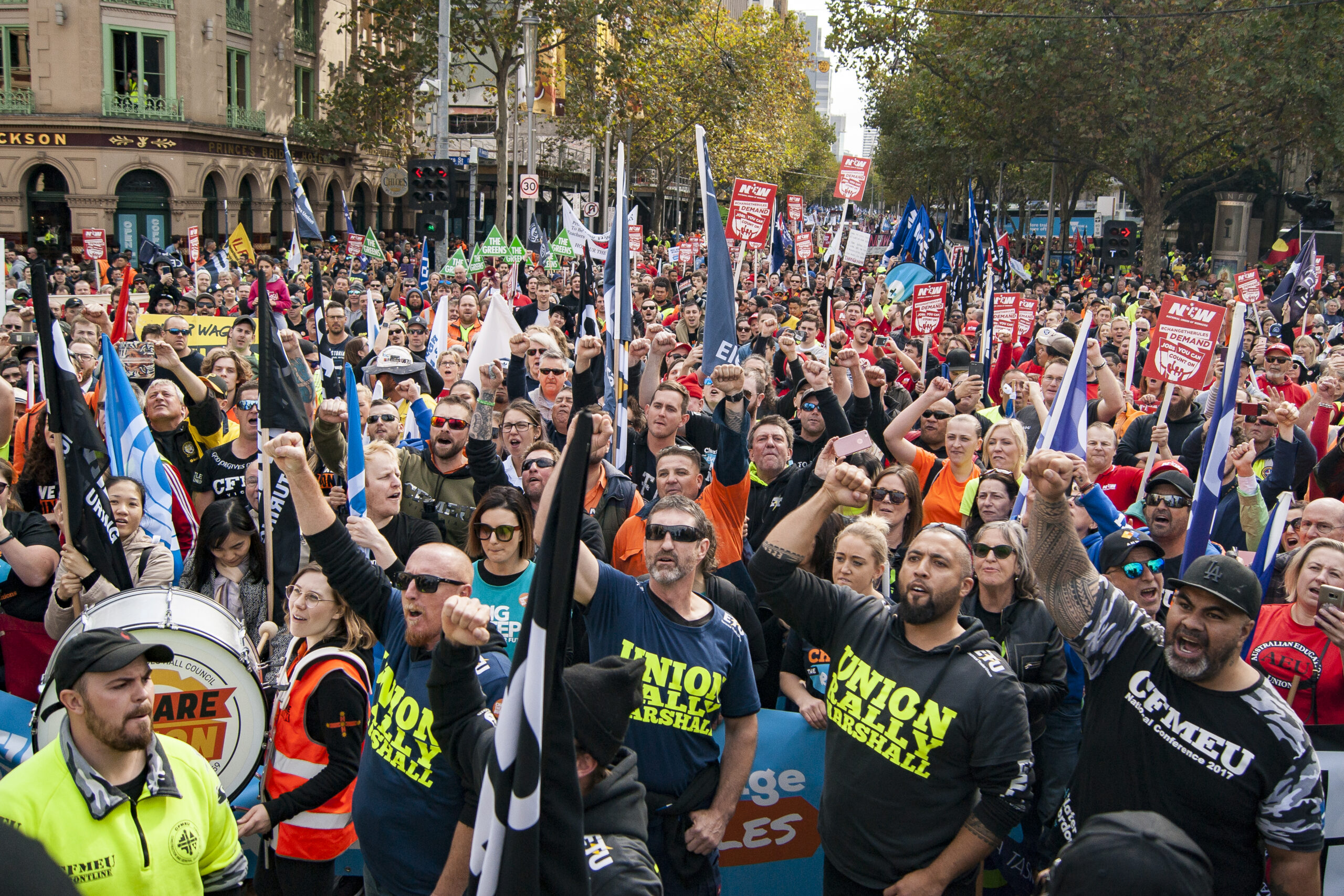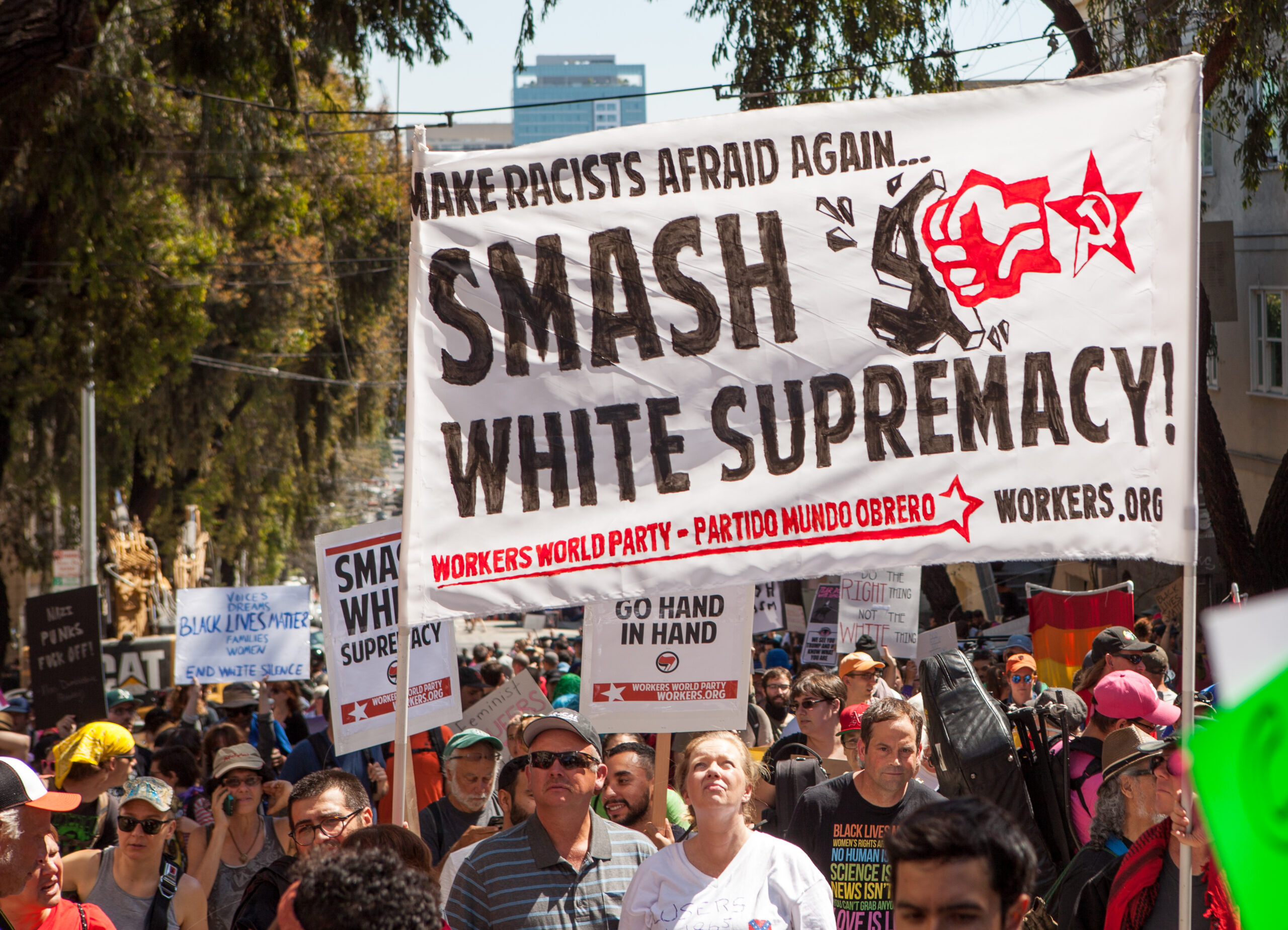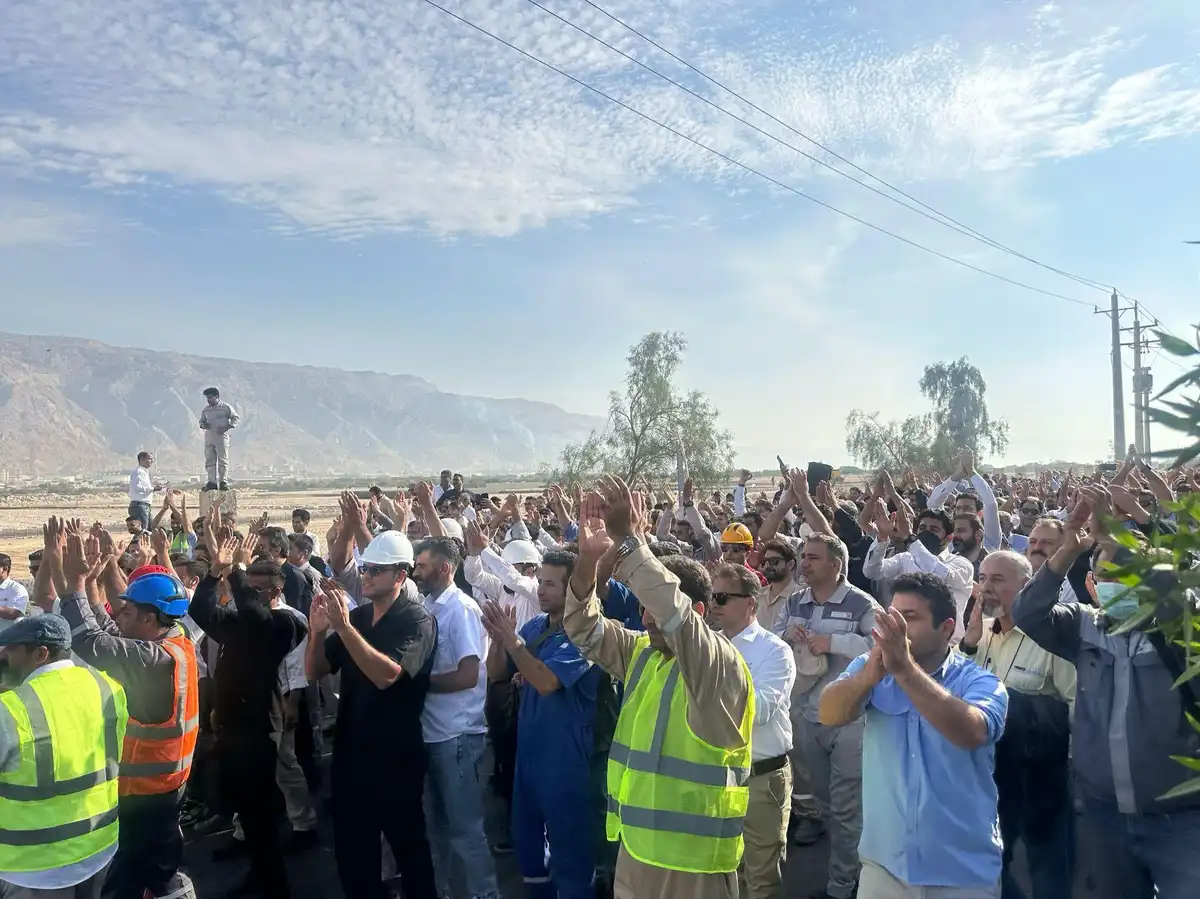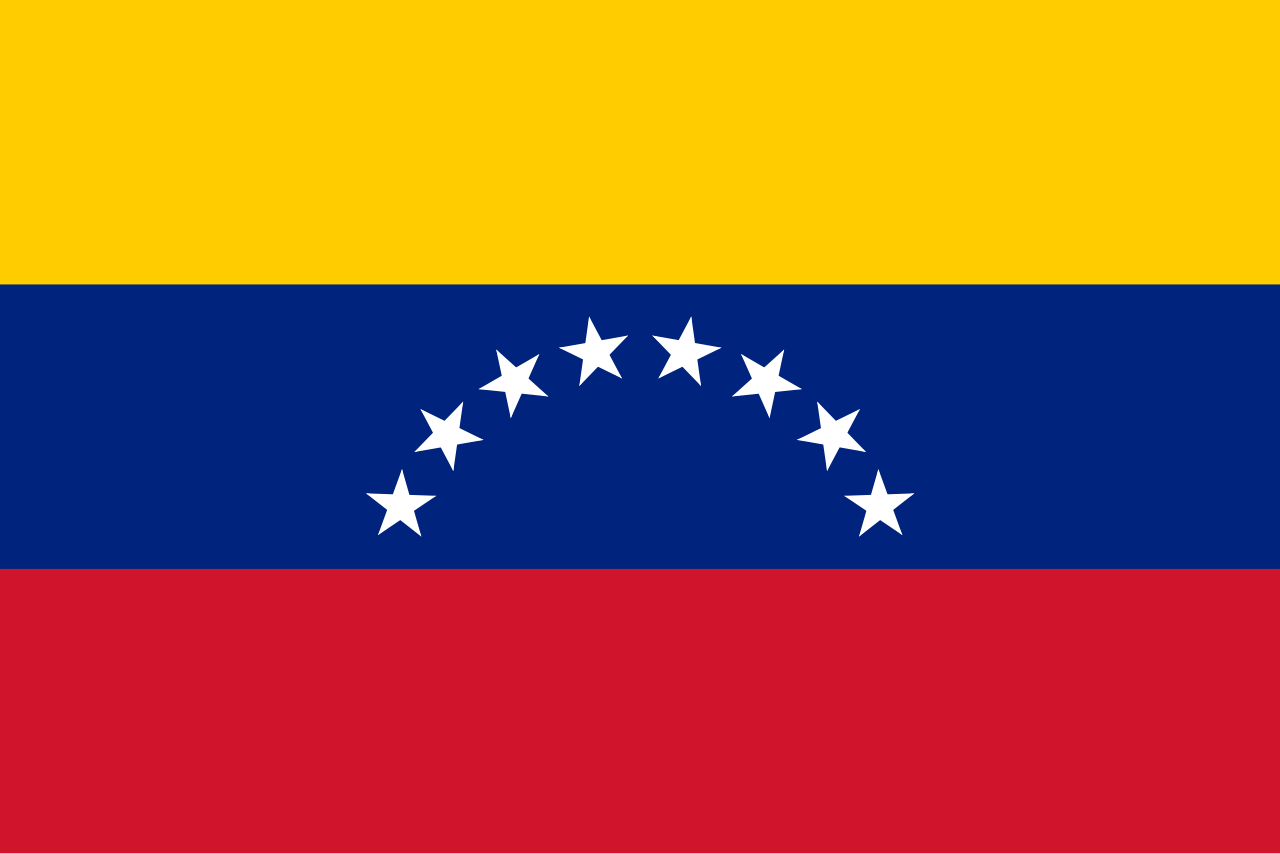Following a brutal and horrific battle between Japanese and US forces which claimed the lives of approximately one third of Okinawa’s population, Okinawa has been forced to house American militarism up until this day. Approximately 20 percent of the Okinawan mainland is used to house US military bases. Military crimes are commonplace and many of them are of a grave and violent nature. Between 2009 and 2011 alone, 188 crimes resulting in injury or death were reported as being committed by military personnel whilst on duty. This number does not take into account other grave criminal action committed by military forces or crimes that for one reason or another go unreported, nor does it take into account crimes committed by officers who are not on duty. These crimes committed by military personnel whilst on duty involve gang rape, murder, assault and burglaries. Considering the Okinawa mainland is a dense island of small proportions with a population the size of one quarter of New Zealand’s, it is clear that any single criminal act will have a disastrous effect on the Okinawan community as a whole. The fact that so many crimes are committed by military personnel in such a small amount of time is telling of the adverse effect that military presence in Okinawa has on the human rights of the Okinawan people.
Chemical Occupation: Agent Orange
However, the effects of the military bases on Okinawa stretches further than criminal actions by rogue or intoxicated military personnel. These effects demonstrate how basic democratic rights have been infringed upon in ways that are harder to recompense and reverse than compensation for a criminal action. The reckless usage of chemical warfare in Vietnam, particularly that of Agent Orange, is a well-known and undisputed fact of history. A lesser-known and more controversially discussed fact is the knowledge that great deals of these chemicals were stored in Okinawan bases. Although US authorities and US experts have denied that Agent Orange was used or stored in Okinawa, a number of US military personnel’s testimony suggest otherwise, stating that they specifically handled and buried the substances years ago. When a claim like this is to be denied it raises the problem of a cover up and improper disposal which have had a damaging effect on the environment.
Chemicals were either buried or disposed into the waste water system, the effects of which were monitored due to it becoming apparent that the waste water was having “unacceptably high readings” of these chemicals in 1981. Also, the presence of other chemicals has been found ravaging the environment as well, particularly that of polychlorinated biphenyl found to be emerging in soil and tree trunks. This toxic chemical has also been found present in the ecosystem of mongooses. Therefore, whether or not Agent Orange was stored on Okinawa the fact remains that many of the “conventional” chemicals and equipment used in military practices will affect the every-day lives of the local people as these chemicals find their way into the biosphere. For example, strong traces of the lethal strain of dioxin have been confirmed, and according to the World Health Organisation, dioxin is a “highly toxic pollutant that can cause cancer, reproductive and developmental problems, immune system damage and hormone imbalances”.
As well as environmental dangers and criminal acts, the presence of militarism on Okinawa also causes significant dangers in the form of military accidents. In June 1959 a fighter jet crashed into a local Primary School killing 11 school children and injuring hundreds. The threat of these types of accidents occurring is a very real fear, as just as recently as August 2013 a helicopter crashed at a training site killing a soldier and causing wildfire.
Furthermore, Okinawan citizens regularly have to deal with a great deal of noise pollution. 37% of Okinawa’s population is forced to deal with an excess of noise. In some areas the noise is so great that soundproofing one’s house will have no effect, and school lessons are disturbed multiple times every hour. Combine this noise pollution with the constant visual pollution of their landscape with Osprey aircraft flying overhead, the environmental pollution through military technology and chemicals, the crimes committed on a regular basis by rogue soldiers, the inability to have the right to use 20% of their own land for their own use – and the result is a population who live in constant fear and are subject to human rights abuses on a daily basis.
While the overlap and scope of human rights law as it pertains to environmental rights is still unclear, it is apparent that the right to life, right to health, right to private family life are rendered meaningless if these abuses are allowed to continue at the risk of the safety of Okinawans. Therefore the approach that basic environmental safety – for example, the correct disposal of dangerous substances such as Agent Orange – be deemed a precursor or precondition to the existing democratic rights aforementioned should be taken seriously. But none of this comes up in US-Japanese negotiations; ordinary islanders and their representatives remain shut out.
US Military Forces: Above the Law?
The Status of Forces Agreement between Japan and the US affords the US full control over its bases and military personnel, and under a secret agreement of 1953 retains extraterritorial jurisdiction over acts committed on base property and semi judicial exemption on acts outside them. In practice what this has entailed is that because the United States has jurisdiction over acts committed by US soldiers on duty, the Okinawan people have seen little justice and compensation when crimes have been committed. Furthermore, there seems to be no deterrent mechanism in place to try to avoid military personnel from embarking on these criminal actions in the future. Take for example, the most recent crimes between the years 2009-2011 which were referred to at the beginning of this article. Out of the 188 cases resulting in death or injury, three were decided to not be subject to punishment. Putting the reputation of the military before the interests of the victims, the Ministry of Justice would not disclose the reasons for why these cases were not being subject to punishment. Furthermore, out of the 185 cases which did involve disciplinary action, none of these cases were even brought before the court martial.
For a victim of the crime and the Okinawan people as whole, to have decisions rendered in criminal cases not to be made open to the public violates the rule of law and the doctrine of judicial independence and impartiality under the Bangalore Principles of Judicial Conduct, approved by the UN Commission on Human Rights and endorsed by ECOSOC, which states that the rule of law is “the rule which binds the governors and the governed, administered impartially and treating equally all those who seek its remedies or against whom its remedies are sought”. If a judicial system is handed over to the jurisdiction of an external nation and is prepared to decide its cases behind closed doors and out of the public eye it raises serious questions about the value of judicial impartiality because until more information is disclosed it would appear that the case is being decided solely on the basis of the interests of the US military personnel. As will be discussed below, there is no obvious way of appealing these decisions and demanding more transparency.
Under the “secret agreement” intended to complement the Status of Forces Agreement, the United States has the option of a waiver in cases of “special importance” to hand over jurisdiction to Japan. However, even in cases of rape committed by US soldiers, this has not been seen to be very effectively used. To add even more disregard for human rights abuses, the ordeal that a victim has to go through whilst dealing with police interrogation is cruel. During the process in which police have been seen to be of little help in many cases, the US forces have been known to dismiss and discharge the perpetrator in the meantime. As was discussed above, if a victim can get through these degrading processes successfully, the disciplinary action could very well amount to nothing at all making the system of justice almost nonexistent.
Okinawa has been subject to a military occupation of some form or another since World War II up until the present day. The people of Okinawa have been denied their right to self-determination, and face continuous occupation to suit the needs of US imperialism.
Following World War II Okinawa was under the control of the United States military during which Okinawans were forced out of their homes as the military bulldozed buildings down as they saw fit. In 1972, Okinawa reverted back to Japanese rule bringing its land under the sovereignty of Japan. Okinawa is geographically separate from mainland Japan and as the above information explains, Okinawa faces many problems which most of mainland Japan does not as 74 percent of the US bases in Japan reside in Okinawa. However, it is wholly up to the Japanese government to decide the future of these issues despite the fact 20 per cent of Okinawan land is being used for military purposes.
The horrors of the brutal Battle of Okinawa remain with many of the residents of Okinawa – who are more interested in ensuring that events of this kind do not take place again. It is therefore immoral to place the military burden on these seemingly peaceful people. After an incident which saw a young schoolgirl kidnapped and raped by US soldiers in 1995, 85,000 protesters took to the streets to protest against military presence in Okinawa. The US and Japanese governments have proposed relocating the bases a number of times and even this has met resistance as all of the 41 heads of the municipalities of the Okinawan prefecture opposed such a move. In 1996 then Governor of Okinawa, Ota Masahide, put forward a referendum to rid Okinawa of its US bases by 2015 and although voter turnout was lower than expected, of the people who did vote 89 per cent of the people supported the plan. Okinawan residents regularly conduct sit-in protests in opposition to the bases and any proposed expansion or further deployment of dangerous military technology. Furthermore, it has been reported that many Okinawan residents feel guilty for their land’s complicity in the US led invasions of Iraq and Afghanistan due to the fact that Okinawa has played an integral and crucial role in facilitating the invasion through deployment of troops and naval craft.
It is evident therefore that the majority of the Okinawan people, particularly those who are affected by the bases on a regular basis, oppose the military presence in Okinawa. Any advantages that the Japanese government affords from shielding under the US nuclear umbrella is not apparent to the people of Okinawa who are being stripped of the right to determine which laws apply to them and what purposes they can use their own land for. The economic advantages in having 20 percent of one’s land used to house military operations are only apparent for so long; an economy can only go so far by depending on brothels, bars and restaurants. Opportunities to create jobs and to improve their own industry are being neglected in favour of preserving American militarism.
Okinawa has been subject to a number of human rights abuses at the hands of the US military presence ranging from criminal actions of rape and murder to dangerous levels of environmental pollution. The US and Japanese response to these issues has been negligent, resulting in cover ups, lies, and attempts to obscure the interests of justice by putting the reputation of the military before the rights of the victims and the people of Okinawa in the majority of cases. Okinawa has had little to no say in how to use a vast portion of its own land and how to determine the punishment and compensation in cases of serious violations of human rights because it is legally part of Japanese jurisdiction and due to this unique setup, Japan and the United States have continued to honour agreements which adversely infringe on the rights of innocent Okinawan residents.
Further Reading
I found the following sources useful when preparing this article: “Agent Orange’s deadly legacy Spreads to Japan” Russia Today (15 June 2012). David McNeill “Justice for Some. Crime, Victims and the US-Japan SOFA,” The Asia-Pacific Journal Vol. 11-1-09 (March 15, 2009). The website Close the Base documents US military actions and abuses on the islands. The islanders’ resistance to occupation is covered in a recent history by Gavan McCormack and Satoko Oka Norimatsu, Satoko Oka, Resistant Islands Okinawa Confronts Japan and the United States, (Rowman & Littlefield, 2012).









